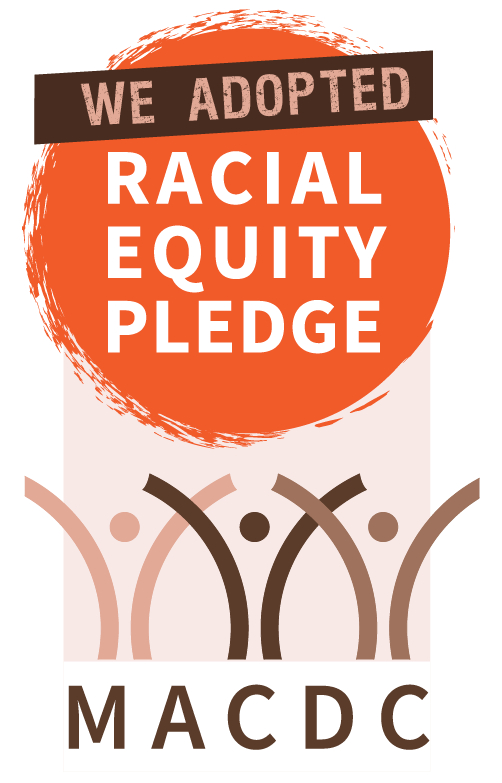The Fair Housing Program has compiled the following resources to provide additional information on fair housing rights, best practices, and enforcement. None of the information provided in this resource library is legal advice, and none of the information contained here or on any of the provided third-party websites replaces legal advice.


Resource Library
Home » Fair Housing Program » Resource Library
Federal and state laws protect tenants and homebuyers against discrimination. Federal laws include the Fair Housing Act, the Rehabilitation Act of 1973, and the Americans with Disabilities Act. There are also federal protections under the
The materials on this page have all been prepared by legal services and fair housing organizations or the state or federal agencies that enforce fair housing laws. This is a great place to start taking
The Fair Housing Act, passed in 1968, prohibited discrimination in housing on the basis of race, color, religion, and national origin. The Act was passed in response to civil rights protests against discrimination generally, discrimination
Religious discrimination was one of the original four protected classes when the Fair Housing Act was passed in 1968. Religious freedom is an ideal that this country has consistently promoted and espoused, but which it
The Fair Housing Act prohibits treating people unequally in housing because of the country they are from. National origin discrimination includes discrimination based on language, culture, ethnicity, and ancestry. Ancestry is explicitly prohibited under Massachusetts
Sex discrimination in housing is prohibited under state and federal law. Sex discrimination is treating people differently because of their sex. This includes sexual harassment. Sexual harassment remains a considerable problem, and many people are
Family status discrimination protects families with children under 18 and includes pregnancies. In 1988, the Fair Housing Act was amended to include a prohibition against family status discrimination. This protection also exists under Massachusetts law.
In 1988, the Fair Housing Act was amended to include people with disabilities as a protected class against whom discrimination is prohibited. Two years later, the Americans with Disabilities Act was passed. When passing the
Anyone can enforce their rights to fair housing. Federal and Massachusetts laws protect people against housing discrimination. There are two primary options for enforcing fair housing rights. A complaint can be filed with a state
A person who believes they have been discriminated against in housing can file a complaint with the Federal Department of Housing and Urban Development (HUD) or the Massachusetts Commission Against Discrimination (MCAD). The Massachusetts Office
Civil Actions, or lawsuits, begin when a plaintiff files a document called a complaint. Complaints tell the court who violated the law (the defendants), what law or laws were violated, the basic facts, and what
There are a variety of legal service organizations that provide low-cost or no-fee representation to people with low income facing housing discrimination. Some legal services organizations provide services based on geographic location and others provide
There are two court systems that enforce Fair Housing laws: federal courts and Massachusetts state courts. The state courts also enforce state tenant rights laws. A person who has been discriminated against in housing can
Tenant rights are different from fair housing rights. Fair housing laws offer protection against discrimination in housing. Tenant rights laws offer protection against unlawful acts, regardless of the housing provider's motivation and unrelated to a
Evictions happen when a housing provider wants to terminate a tenancy (end a rental agreement) and the tenant does not move out. The eviction process is the only way a housing provider can force a










